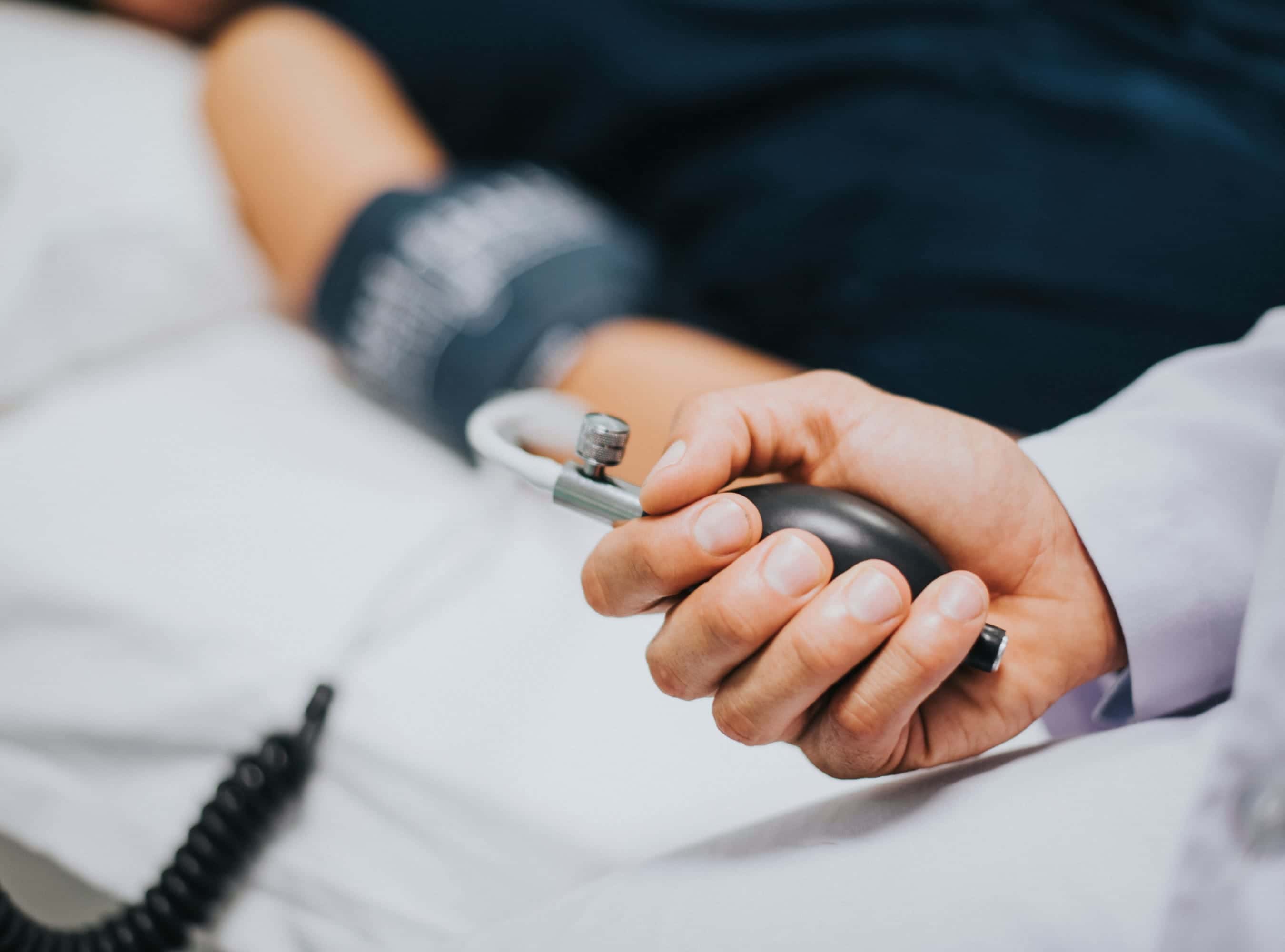Court: United States District Court for the Eastern District of TennesseeJurisdiction: FederalCase Name: Wilson v. GMACCitation: 2008 U.S. Dist. LEXIS 119995
The plaintiff in this medical malpractice case relied on a stroke expert witness to support his claim that a clinician’s negligence led to his stroke. The expert’s conclusions, however, rest on the assumption that the plaintiff was under great stress at the time of treatment. The court explains that the plaintiff’s mental state is only speculative and the jury would also need to accept this interpretation in order for the expert testimony to be helpful. Thus, the expert’s testimony was tossed as it was not deemed reliable.
Facts
This case was filed after the plaintiff went to the ER with weakness on his right side and newly diagnosed hypertension and was diagnosed with a transient ischemic attack. He later suffered a stroke and alleged this was due to the defendant’s negligent treatment. The plaintiff retained a stroke expert witness to discuss how the defendant’s conduct led to his stroke.
The Plaintiff’s Stroke Expert Witness
The plaintiff retained a stroke expert witness to establish a connection between the defendant’s conduct and the plaintiff’s stroke. The expert was board-certified in internal medicine and board-eligible in pulmonary medicine. The expert opined that the plaintiff had presented potential risk factors for a cerebrovascular event: atherosclerosis (a disease in which plaque fills up inside the arteries), hypertension, and was a smoker. The expert also explained the plaintiff was under significant stress at the time of hospitalization and cited studies correlating psychosocial stress with transient hypertension.
On receipt of the stroke expert’s written report, the defendant filed the new motion to exclude him as a witness. The defendant claimed the expert’s opinion was not helpful for the trier of fact, his opinions were unreliable, and he was not qualified to testify.
Discussion
The defendant claimed the expert didn’t have the necessary qualifications to testify about any causal link between the plaintiff’s stroke and the defendant’s actions. Here, the court disagreed, explaining the expert’s CV demonstrated more than adequate educational and professional qualifications to express an opinion on physiology and the cause of strokes.
The defendant argued that the expert’s testimony that the plaintiff’s severe stress may have precipitated his hypertension and eventual stroke would not help the jury as per Federal Rule of Evidence 702 and Daubert. The court didn’t think Daubert applied here, rather, the court found it was significant that the expert did not add or amend this part of his opinion in his affidavit. As a result of the defendant’s renewed motion to exclude his opinion, the plaintiff’s counsel and the expert were aware that the defendant was directly attacking his testimony as speculative. Notwithstanding this awareness, the expert decided not to change it.
The court wondered what use the jury could make of the expert’s claim that the plaintiff’s stress may have precipitated his hypertension. The jury would speculate just like the expert did because they would have no other knowledge to focus on. The court stated that the expert’s assertion that something is probable was not evidence. Thus, this opinion was no more accurate than the jury’s own interpretation as to the plaintiff’s actual mental state, citing Lindsey v. Miami Dev. Corp.
Held
The defendant’s motion to exclude the stroke expert witness’s testimony was granted.
Key Takeaways for Experts
Expert testimony, especially scientific in nature, must be backed with research and evidence. Be careful not to stray into speculation or make assumptions that cannot be supported with airtight facts.
About the author
Wendy Ketner, M.D.
Dr. Wendy Ketner is a distinguished medical professional with a comprehensive background in surgery and medical research. Currently serving as the Senior Vice President of Medical Affairs at the Expert Institute, she plays a pivotal role in overseeing the organization's most important client relationships. Dr. Ketner's extensive surgical training was completed at Mount Sinai Beth Israel, where she gained hands-on experience in various general surgery procedures, including hernia repairs, cholecystectomies, appendectomies, mastectomies for breast cancer, breast reconstruction, surgical oncology, vascular surgery, and colorectal surgery. She also provided care in the surgical intensive care unit.
Her research interests have focused on post-mastectomy reconstruction and the surgical treatment of gastric cancer, including co-authoring a textbook chapter on the subject. Additionally, she has contributed to research on the percutaneous delivery of stem cells following myocardial infarction.
Dr. Ketner's educational background includes a Bachelor's degree from Yale University in Latin American Studies and a Doctor of Medicine (M.D.) from SUNY Downstate College of Medicine. Moreover, she is a member of the Board of Advisors for Opollo Technologies, a fintech healthcare AI company, contributing her medical expertise to enhance healthcare technology solutions. Her role at Expert Institute involves leveraging her medical knowledge to provide insights into legal cases, underscoring her unique blend of medical and legal acumen.



